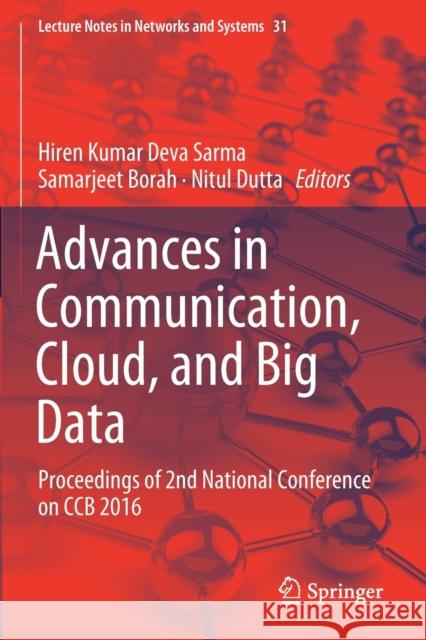Advances in Communication, Cloud, and Big Data: Proceedings of 2nd National Conference on Ccb 2016 » książka
topmenu
Advances in Communication, Cloud, and Big Data: Proceedings of 2nd National Conference on Ccb 2016
ISBN-13: 9789811342707 / Angielski / Miękka / 2018 / 173 str.
Kategorie:
Kategorie BISAC:
Wydawca:
Springer
Seria wydawnicza:
Język:
Angielski
ISBN-13:
9789811342707
Rok wydania:
2018
Wydanie:
Softcover Repri
Numer serii:
000797696
Ilość stron:
173
Waga:
0.27 kg
Wymiary:
23.39 x 15.6 x 1.02
Oprawa:
Miękka
Wolumenów:
01
Dodatkowe informacje:
Wydanie ilustrowane











